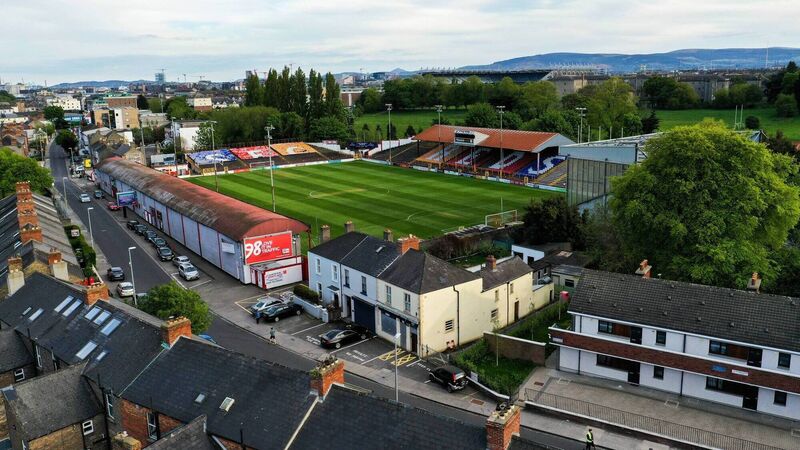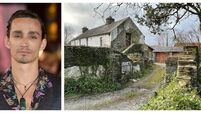Tommy Martin: Can Tolka Park be saved from the bulldozers?

Refurbishing Tolka Park to Uefa category 3 standard and building a community centre with gym, crèche, café, and meeting facilities has been proposed to give Shelbourne’s historic stadium a new lease of life.
“In a perfect world,” Roger Kahn wrote in the classic baseball book , “The Dodgers would have remained in Brooklyn and Los Angeles would have gotten the Mets.”
There was outrage when the Dodgers were ripped from their spiritual home in 1958; a little less in 2016 when Shelbourne FC announced that they’d be bunking in with Bohemians at the new, redeveloped Dalymount Park.









